Can you wear perfume during pregnancy , or is it dangerous for the pregnant woman and her baby?
We asked the opinion of Élisabeth Latour de Mareuil, midwife for over 35 years, homeopath and author of works for the medical profession. According to her, wearing perfume during pregnancy remains possible but it is necessary to be vigilant on several aspects, particularly that of endocrine disruptors . We hope you find this interview as fascinating as we do!
Hello Elizabeth! Many young and future mothers ask us questions about using perfume during pregnancy. Let's start at the beginning:
Why are we more sensitive to our environment when we are pregnant?
We are more sensitive to it for several reasons. Pregnancy is a time when women begin to wonder about the future of their baby, and pay attention to their health. They stop alcohol, cigarettes... but not necessarily certain everyday products which are nevertheless no less dangerous. I want to talk in particular about those which contain endocrine disruptors.

Indeed, pregnancy is a time when the issue of endocrine disruptors becomes essential . And this is no coincidence: during this period, the woman's hormonal system is put under severe strain , and is therefore more sensitive to disturbances.
Endocrine disruptors, whose clearest definition dates back to 2016, are substances that interfere with the production, release, transport, metabolism, action or elimination of hormones that regulate our body. In reality, they do not directly affect the hormone, but rather the proteins which serve to validate the action of hormones at all levels. And since hormones affect absolutely all of our organs, our entire body is affected by these endocrine disruptors.
What are the risks of endocrine disruptors for pregnant women, and where are they found?
The risks for everyone are now known: these disruptors cause harmful effects on reproduction (up to infertility), on the body's metabolism, but also on its growth. Many pathologies are linked to it: certain breast cancers, thyroid cancers, endometriosis, premature puberty... In terms of infertility, the figures continue to increase: today, 1 in 4 couples consult for reasons of infertility, and half will need help to have a child.
In the particular case of pregnant women, disruptors can cross the placental barrier and have significant impacts on the development of the child. Hence the concern of future mothers! These potential risks are not necessarily caused by the molecule itself, but rather because it acts on the expected functioning of hormones.
There are numerous routes of exposure to these disruptors for pregnant women:
-
food :
- because of pesticides, as we saw during the Caribbean banana scandal, where pesticides caused premature births and developmental delays in growing areas;
- because of certain methods of cooking food or certain types of packaging, particularly plastic;
- and sometimes even naturally: foods such as soy or flax are, for example, known to be phytoestrogens*.
- inhalation : we spend 80% of our lives in enclosed spaces. We are exposed to substances from detergents and household products, pesticides used in gardening or in neighboring fields when we live in the countryside, certain room fragrances, paints or even melamine-based furniture...
- cosmetics : on average according to UFC Que Choisir, women use 16 cosmetics per day. It is enormous ! In these cosmetics, we find many examples of endocrine disruptors - this is the case with certain preservatives, for example. There are also cosmetics for infants, often intended for children with skin problems (eczema, diaper rash, etc.) which can also, in the case of weakened skin, cross the skin barrier very easily. And of course the perfume, which we will talk about later.
 In short, between the desire to want to take care of her child and the omnipresence of endocrine disruptors, the pregnant woman is faced with a delicate situation . My best advice for taking care of your child safely: use water! There is no need to overuse soaps or other products filled with harmful substances.
In short, between the desire to want to take care of her child and the omnipresence of endocrine disruptors, the pregnant woman is faced with a delicate situation . My best advice for taking care of your child safely: use water! There is no need to overuse soaps or other products filled with harmful substances.
Endocrine disruptors are therefore present everywhere, but how can we be sure of the effects they will have on us?
This is a rather complicated subject, because the hormonal system is specific to each individual. What must be remembered is that vulnerability is greatest at times when systems are destabilized : puberty, pregnancy obviously, and menopause.
There is also a problem measuring effects over time , because there are transgenerational effects. For example, we saw with the Distilbene* scandal that an endocrine disruptor can continue to have consequences on the children and grandchildren of those exposed (this drug banned in 1977 is, even today, at the origin of births of little girls without a uterus).
Finally, the famous “cocktail effects” make it difficult to predict how these substances will interact with each other in the long run. In short, it's difficult to know with certainty which substance will cause which effect - and that's exactly why you need to be especially careful when you're pregnant .
What role does smell play when you are pregnant?
 During pregnancy, one of the first changes that a woman encounters is hyperosmia : the exacerbation of the sense of smell.
During pregnancy, one of the first changes that a woman encounters is hyperosmia : the exacerbation of the sense of smell.
This sense is an absolutely primitive tool for discriminating what is toxic or non-toxic. Besides, your first instinct when a plate has been left in the fridge for too long is to smell it...
Human genes are capable of discriminating between 5,000 and 10,000 olfactory components, knowing that there are around 400,000. During pregnancy, women are particularly competent at discriminating certain odors: the role of smell is reinforced . In my opinion, this is a certain way for the mother-to-be to protect herself.
In addition, smell is particularly important for our emotions... because unlike the other senses, smell is the only one that communicates directly with the limbic brain, the seat of our emotions, our memory and affectivity. There is therefore no reprocessing, no rationalization of information between the nose and the brain and this is why the odors we smell evoke memories or strong emotions .
Is it possible to wear perfume during pregnancy?
It is entirely possible to wear perfume during pregnancy. On the other hand, as it is still quite difficult to know whether a perfume contains endocrine disruptors or not, you must pay particular attention to the ingredients of the fragrance you wish to use. Synthetic ingredients such as certain additives, preservatives, solvents, stabilizers, and even certain essential oils used in perfumery are in fact endocrine disruptors.
How do I know if my perfume contains any of these harmful ingredients?
To do this, there are two steps:
-
Learn to decipher the labels of our cosmetics. For example, avoid phenoxyethanol at all costs, present in your face creams, sunscreen creams, your cosmetics and in baby products (wipes, cleansing milks, etc.).
-
Choose more transparent alternatives. The problem is that most of the composition of its perfume is unknown, because it is considered a trade secret. This is a specificity of perfume... even if certain brands like Bastille today decide to be transparent and reveal their composition, and undertake to formulate only with clean synthetic molecules : without endocrine disruptors, without phthalates nor parabens.

Finally, you can get information through applications like Yuka. But again, with regard to perfumes, these applications do not have access to the complete list of ingredients: their recommendation will therefore be fragmentary. It is better to favor products that provide full access to their list of ingredients.
To learn how to identify and remove endocrine disruptors from your daily life, find a complete article here , from our interview with nutritherapist Marion Baudet.
Are there any products that you specifically advise against for your patients at the start of pregnancy?
Yes, anti-stretch mark products. These products are intended to penetrate the skin; they are applied to the stomach, therefore with direct transmembrane exposure for the nearby baby. However, they are very often filled with excipients which are none other than endocrine disruptors . In their place, I advise my patients to use organic oil, with a simple composition and no excipients!
Should you wear perfume on your skin or clothes when you are pregnant?
The answer will depend on the amount of perfume you use, and the condition of the skin before applying perfume. If your skin is intact and you use a reasonable amount of perfume, a priori no problem . On the other hand, stretch marks, pimples, rashes or itching that appear during pregnancy are signs of weakened skin: in this case, we forget the perfume, and products with questionable compositions ! Especially since the skin of pregnant women heals very poorly. Find all our advice on how to (properly) wear perfume in this article .
Why is smell so important for a baby from birth?
At birth, the baby has not yet developed all of his senses. He sees almost nothing; He hears well, but has difficulty identifying what he hears. Concerning touch, it's the same: the baby spent 9 months in the water so at birth, he discovers and just tames this sense! For taste, it's quite simple because our sense is basic: we perceive sweet, salty, sour, bitter and umami, and the baby quickly manages to distinguish them.
On the other hand, for smell it is a little different. Olfaction works from 5 months of pregnancy ! At birth, the newborn therefore recognizes the odors that he has smelled intrautero, and it is thanks to this development of smell that he easily manages to identify his mother and to move particularly towards his breast.

Indeed, around the areola of the breast there are “Montgoméry tubercles”, which emit pheromones. They sometimes appear very early but increase in number and size from the start of the first pregnancy. At birth these pheromones guide the baby towards the breast, so it is important not to rinse or wipe them before a feeding. So a little advice to future and young mothers : don't wash your breast too much after giving birth, this allows your baby to recognize you and naturally move towards you for breastfeeding!
Is it dangerous for a baby to breathe his father or mother's perfume?
 This can be the case if the composition of the perfume is not good , or if the smell is too overpowering. After some research on this subject, I was not surprised to read that perfumes with rather heady notes were the least recommended. However, other perfumes with fresher compositions are not necessarily better rated...
This can be the case if the composition of the perfume is not good , or if the smell is too overpowering. After some research on this subject, I was not surprised to read that perfumes with rather heady notes were the least recommended. However, other perfumes with fresher compositions are not necessarily better rated...
If you are not sure that your perfume is "clean", I therefore recommend that you avoid repeated and early exposure. But this applies to other odorous products, such as laundry detergent, the smell of which clings to the fabric and lasts for a very long time.
To avoid harmful fixatives, prefer to use Marseille soap flakes, or try your hand at do-it-yourself laundry detergent! And as a general rule, use 3 times less detergent than the quantities indicated by the manufacturers, that is more than enough.
After birth, can changing perfumes upset our baby?

Babies (and even children as they get older) generally don't appreciate it when their parents change their perfume. As their brain makes an immediate connection between an odor and the person wearing it, it can upset them if they do not find their reassuring cues. It is therefore better to change perfume before pregnancy, rather than after .
Don't wait to switch to a more natural, more transparent perfume that is respectful of your skin and the planet. Discover our clean and safe perfumes for you and your child !
*Phytoestrogens are compounds whose structure and mode of action are close to those of estrogens that the body naturally produces. They can disrupt the proper functioning of the organs on which these hormones act (breasts, ovaries and testicles in particular).
**Distilbene is a synthetic estrogen which was prescribed to 200,000 pregnant women in France between 1948 and 1977 to prevent miscarriages. This molecule has caused genital malformations, infertility problems, and cervical, vaginal and breast cancers.
****Polycystic ovary syndrome (PCOS) is due to hormonal disruption of ovarian and/or central (brain) origin. It leads to excessive production of androgens, particularly testosterone, usually produced in small quantities in the female body.








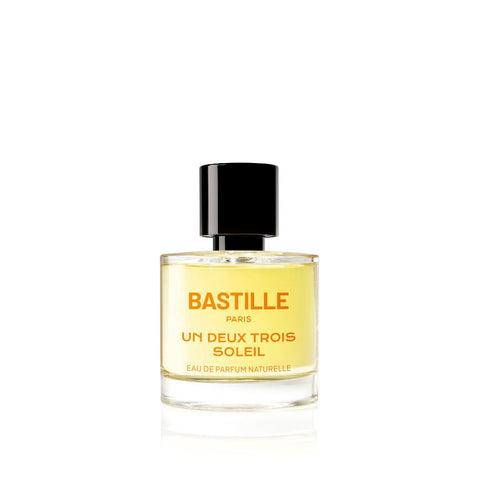
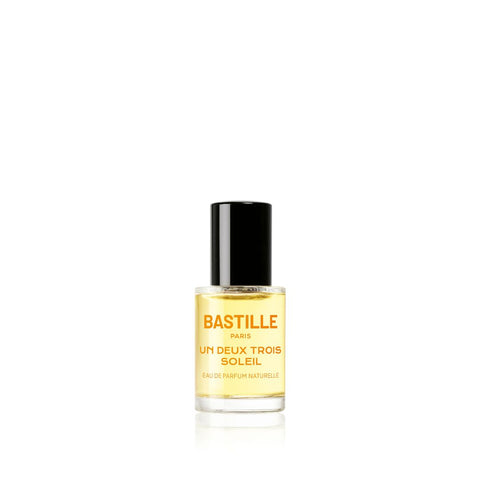
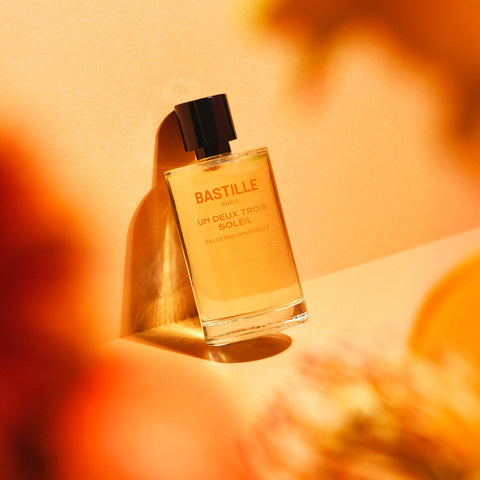

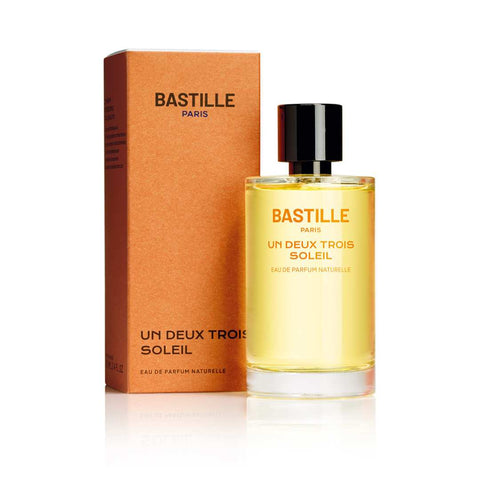
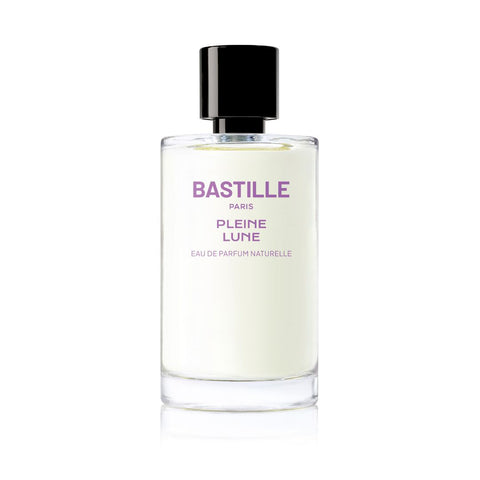
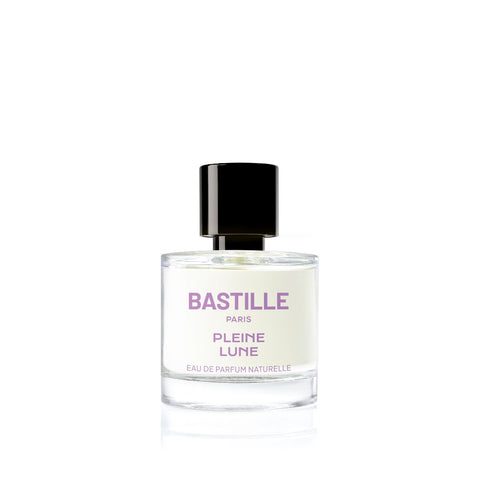
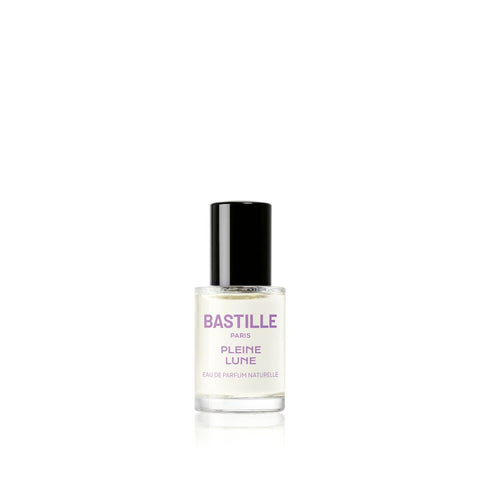
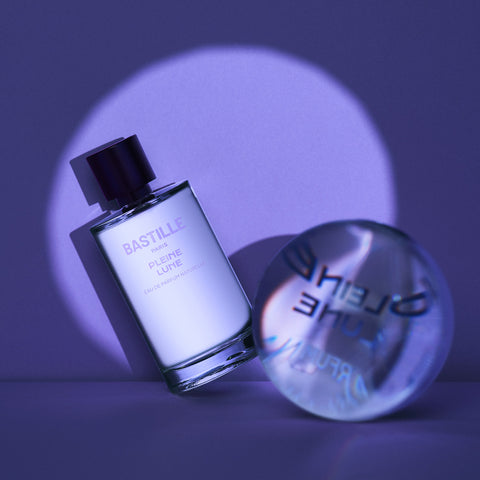
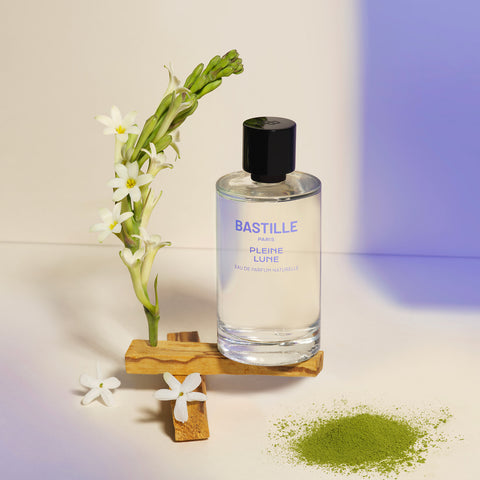
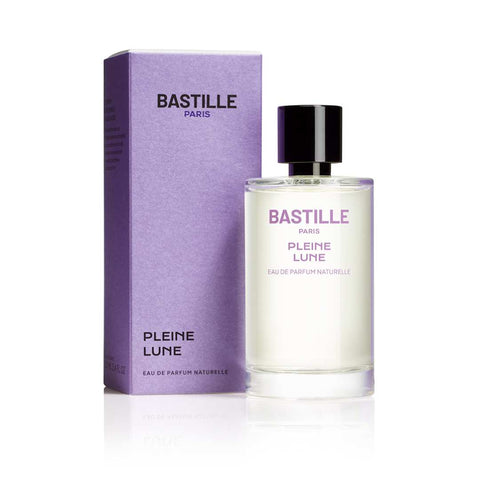
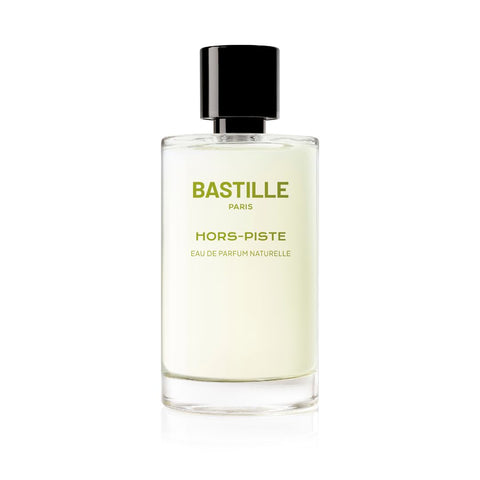
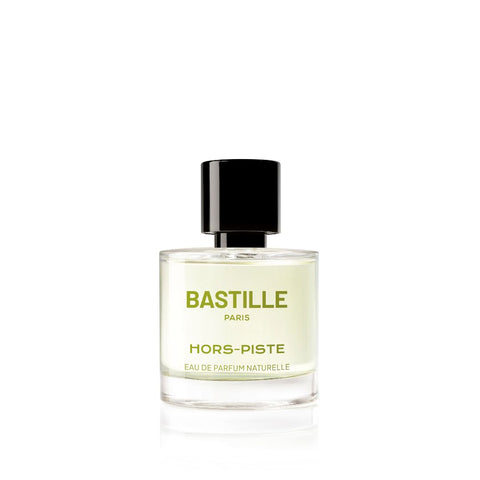
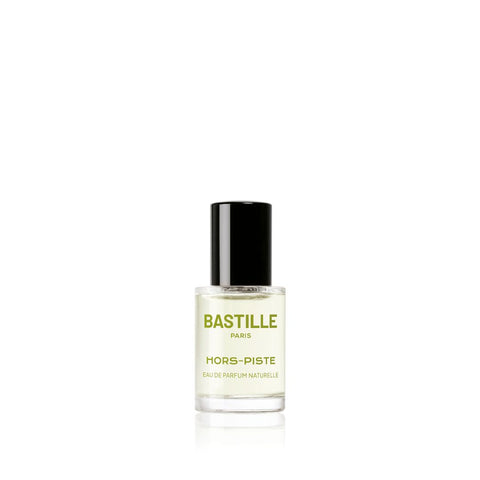
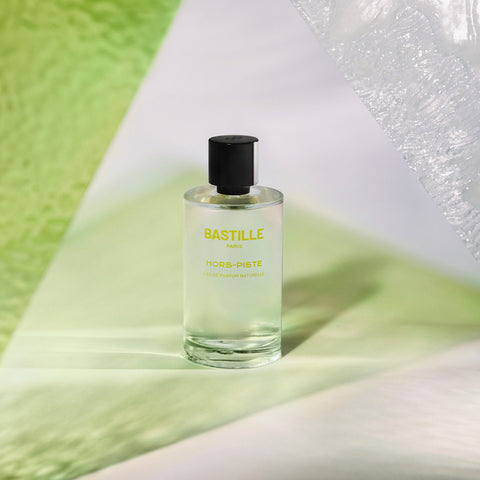
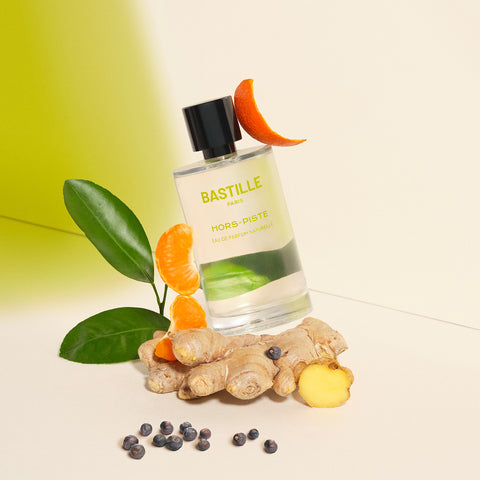
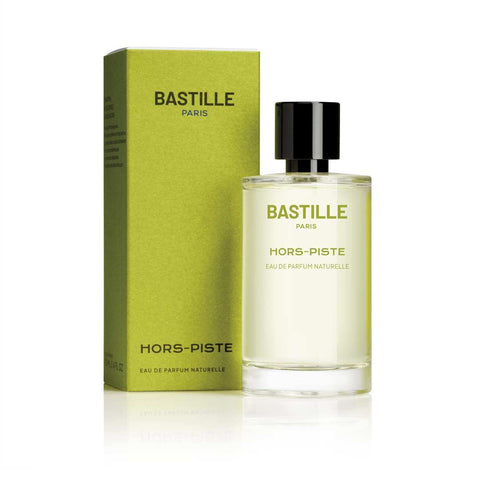

Comments (0)
There are no comments for this article. Be the first one to leave a message!